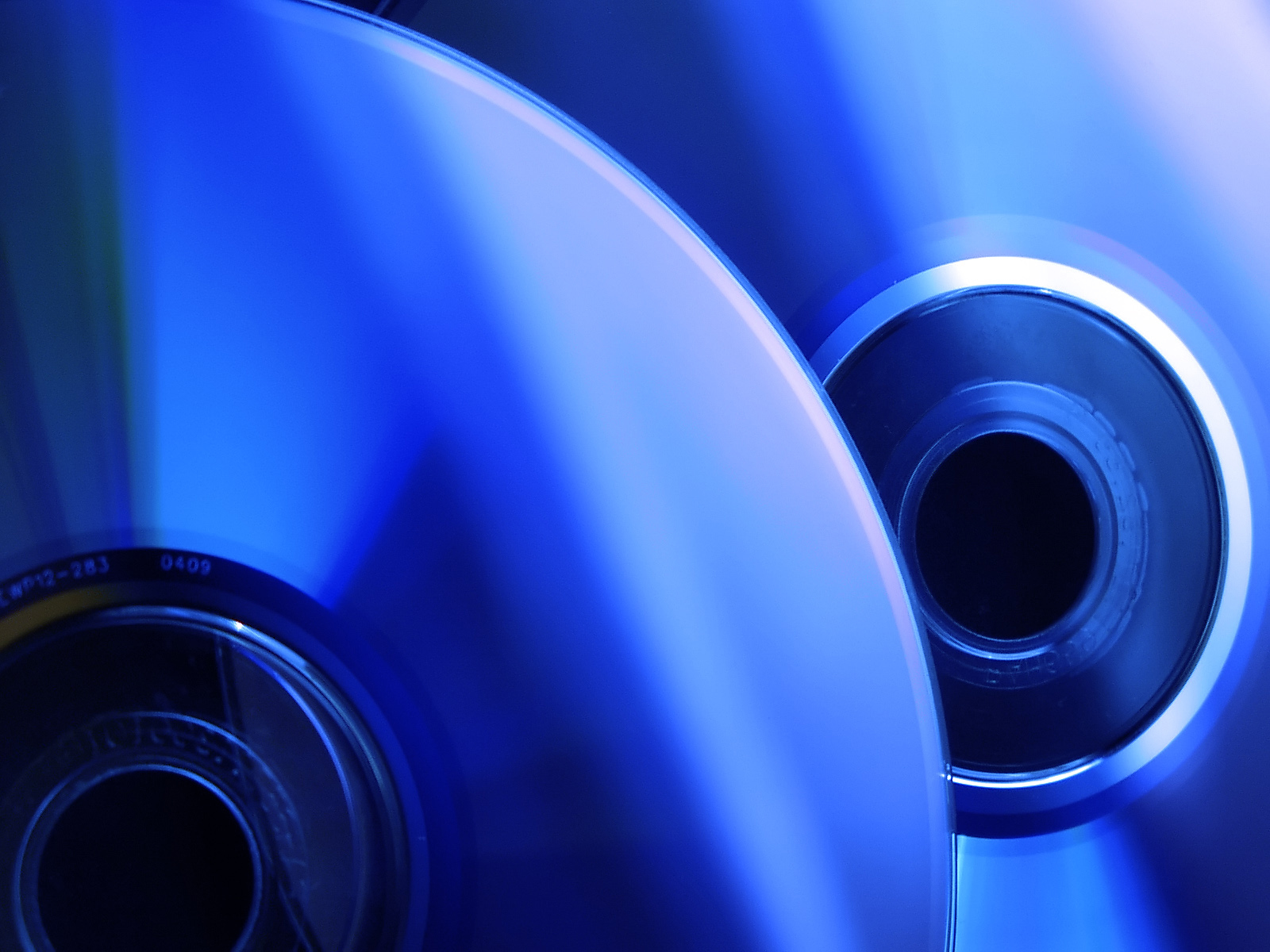
Change! It's everywhere! It's in the streets! It's in the air! It's in Asda! Not the most obvious source of tech wisdom, we know, but things are afoot in your local supermarket: according to Asda, Blu-Ray has reached the tipping point where it's finally outselling DVD.
Or at least, it will until the government closes the VAT loophole that means UK retailers are competing with cheapo imports and the prices go up.
It's a victory, certainly, but we think that Blu-ray is beginning to resemble those puzzled soldiers found in jungles years after wars end: it's triumphed just as the optical disc starts to die.
What about streaming?
Video streaming giant and Blockbuster killer Netflix is coming to the UK next year, Google Music is one of many cloud-based music services beginning to appear, and the disc might be dying in gaming too: the current version of the ten-year-old Xbox may be the last one with a disc drive.
The Xbox 720, which we hope won't be called Loop, could be disc-free: as Dean Evans points out, disc-free gaming is already a reality. "Cloud storage? We might not be ready to abandon physical media just yet," he says. "But Steam has served PC users well for several years and OnLive is turning heads."
And what about Google TV?
When it comes to home entertainment, it looks like Google was right when it predicted that our TVs would become more high-tech; unfortunately, it looks like Google was wrong when it suggested that Google TV was the future.
According to Logitech, which has lost more than $100 million on its Google TV project, the technology is an enormous steaming pile of horse doo-doo. Those weren't CEO Guerrino De Luca's exact words - he said relying on Google's beta software was "a mistake of implementation of a gigantic nature" - but he was probably thinking it.
Sign up for breaking news, reviews, opinion, top tech deals, and more.
From where we're sitting - on the sofa, watching cBeebies and slagging off the presenters on Twitter - Google's mistake was to assume that we wanted smarter TVs. It seems that we're quite happy with dumb TVs: the interactive stuff is happening on tablets and smartphones instead, through Twitter, Facebook and new social TV apps such as Zeebox.
Which would you rather have in your living room - a Google TV set, or a Nokia Windows 8 tablet or iPad 3? We'd take the tablets every time.
Mind you, we could be wrong on this: perhaps the problem isn't with smart TVs, but Google's implementation of the idea so far.
Sony is considering its own internet TV service and "a new kind of television", while the late Steve Jobs apparently believed that in TV, he had "finally cracked it."
The buzzy fly
It isn't hard to imagine a future that brings tablets, smartphones, PCs and TVs into one big happy home entertainment family, but there's a great big buzzy fly in that particular soup: broadband.
It seems that broadband speeds plummet at peak TV viewing times, with speeds dropping in some areas from 9.5Mbps to just 3.4Mbps. That's still fine for video, of course, but if the pipes are struggling when most of us still get TV via aerials or satellites then the future could look distinctly fuzzy.
----------------------------------------------------------------------------------------------------
The TechRadar hive mind. The Megazord. The Voltron. When our powers combine, we become 'TECHRADAR STAFF'. You'll usually see this author name when the entire team has collaborated on a project or an article, whether that's a run-down ranking of our favorite Marvel films, or a round-up of all the coolest things we've collectively seen at annual tech shows like CES and MWC. We are one.